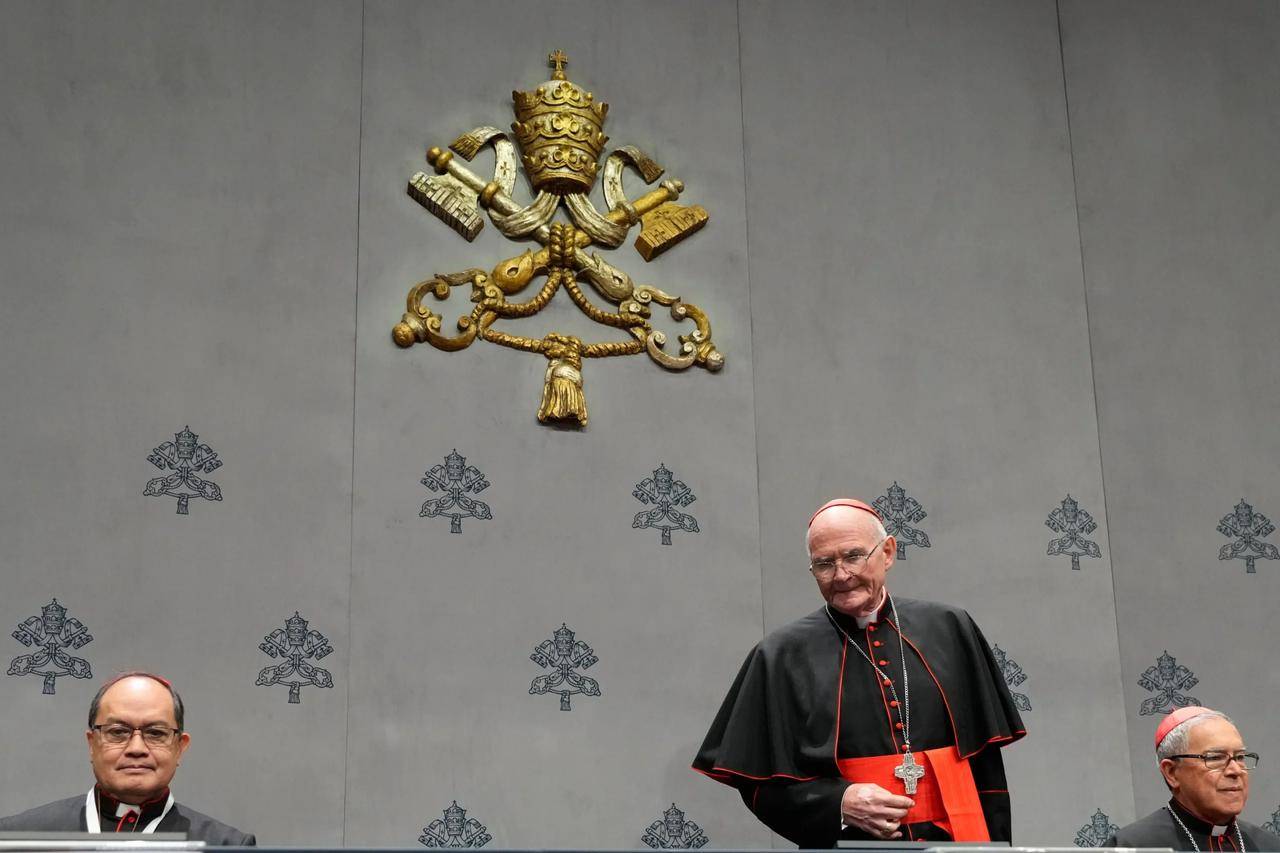One day, between early and later morning prayer, a few of us go outside. The day is perfect. The door opens. A retreatant wearing a butterfly T-shirt, Sister Jackie Robillard, comes out with a monarch butterfly clinging to her finger. She actually raises monarchs and drove a bunch of them, still in their chrysalises, hanging from tiny branches, two hours across Connecticut in her car cup holder.
It’s 10:30. This monarch emerged from its chrysalis at 9 and clings to her because its wings are still drying and hardening. We get to examine it, an inch or two away, its long thin antennae, thick body, orange wings with the black and white spots at the ends. The wings now begin to open and close, slowly, as they gain strength to fly. A few minutes later the monarch does fly, from her finger to the ledge of a low roof. Then it is gone, to live maybe two or three weeks, if predators don’t get it, maybe five.
When I first arrived at Wisdom House Friday night, Sister Jackie was among the women I judged as uninteresting, nothing to teach me, didn’t want to sit next to them in my group.
Then I find out Sister Jackie’s been raising butterflies for 30 years.
Then I find out that Sister Jeannine, a tiny Canadian with a lovely French accent, used come in to New York City, alone, every Wednesday night, from Long Island, where she cooked and cleaned for priests. She did it to meditate at a midtown zendo, or Buddhist meditation hall, at a time when almost no Westerners had even heard of zendos, or Transcendental Meditation, or mindfulness. She’d take the train down from 169th Street, and back, then another train to Long Island, from the early 1970s until her health prevented it.
Then I hear Sister Rosemarie, 77, joke about her early years when Daughters of Wisdom, her order, wore full habits with massive headpieces that blocked peripheral vision. Once, when she was walking across the campus of St. John’s University in a heavy wind, a gentleman quickly took her arm, fearing she was about to become a literal “flying nun.” Sister Rosemarie Greco spent years with the poor in Uganda during the terror reign of Idi Amin.
One woman in my group does hospital palliative care. She tells amazing stories about deaths she has seen. Two are social workers. Another is a teacher who just lost her mother. Another, not even 50, is very ill with cancer.
Nobody is a politician, a lawyer, a clawing corporate superstar, an academic, a lady who lunches in yoga pants, or a reporter, like me. They don’t wear much makeup, if any. Most have let their hair go gray. Their clothes are basic. I dismiss them because I’m biased against the old, though I’m far from young myself. I judge them because they are different from me, not in the game, not playing the game, not competing to deliver the snappiest lines in group discussions.
I don’t know if their faith makes them happier. I do know they are more real.
Tomorrow: The Wisdom House story














